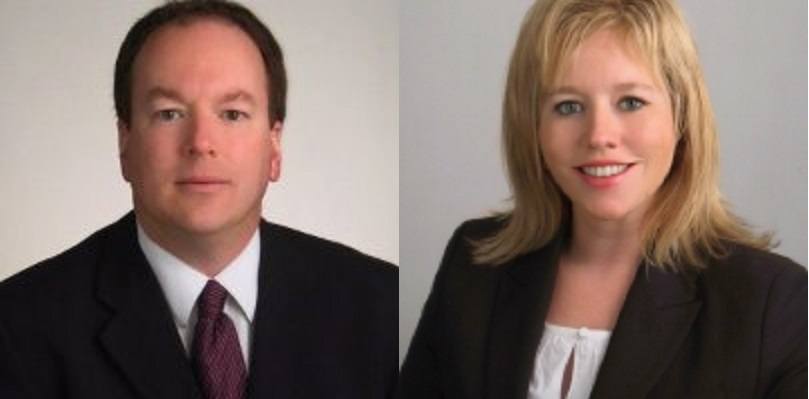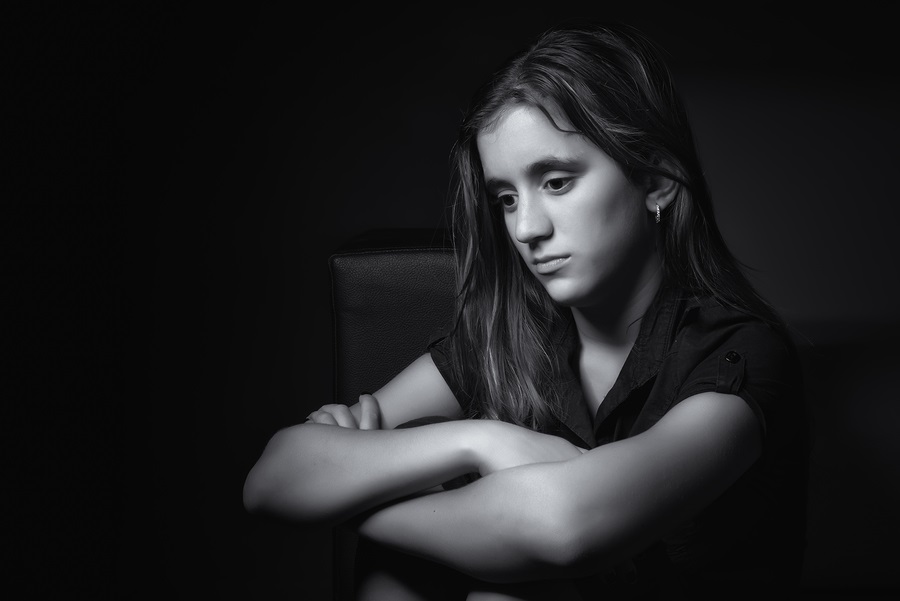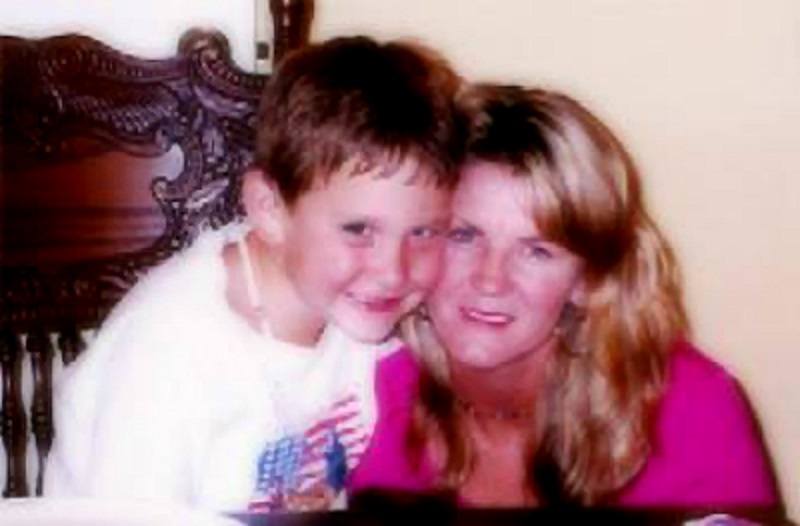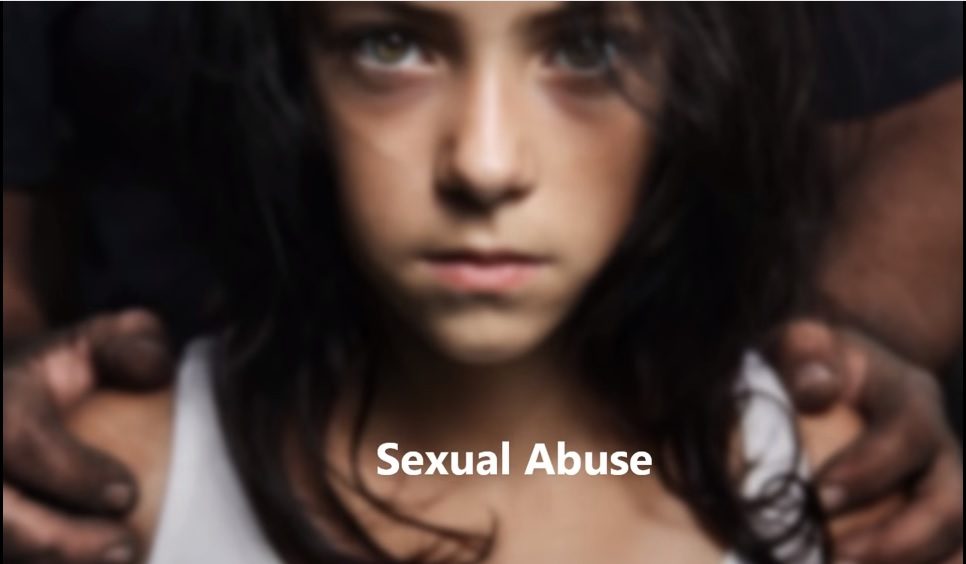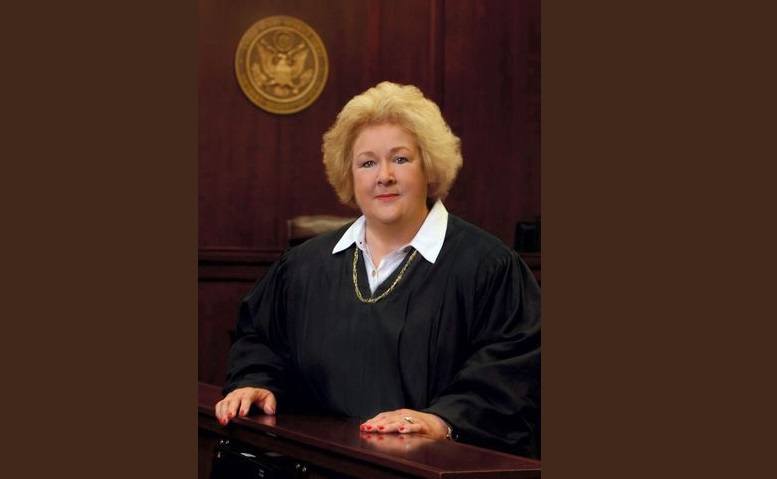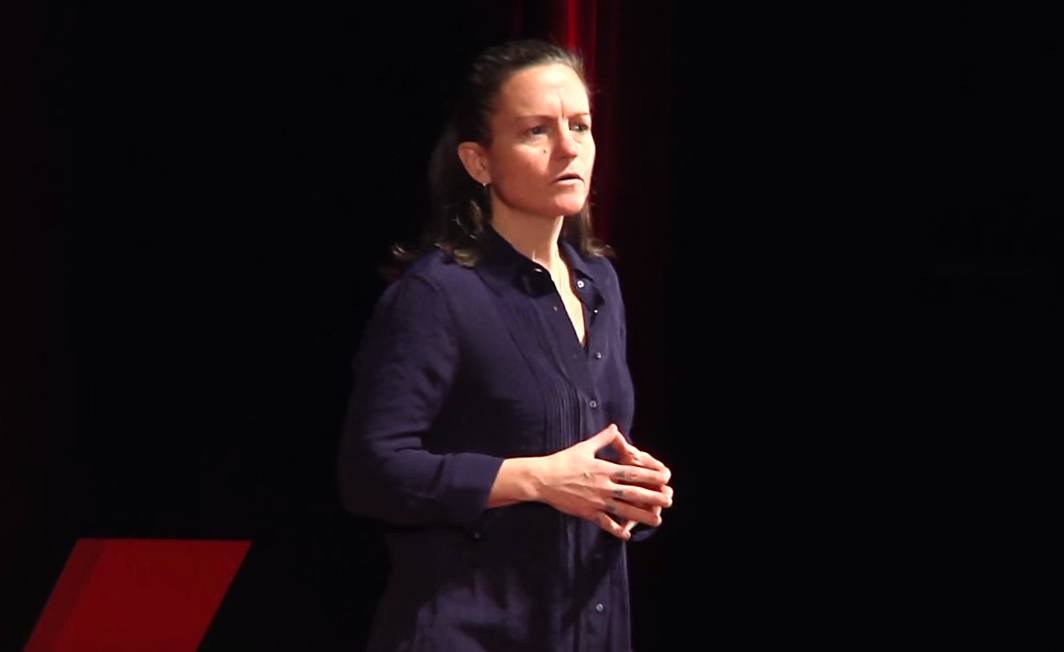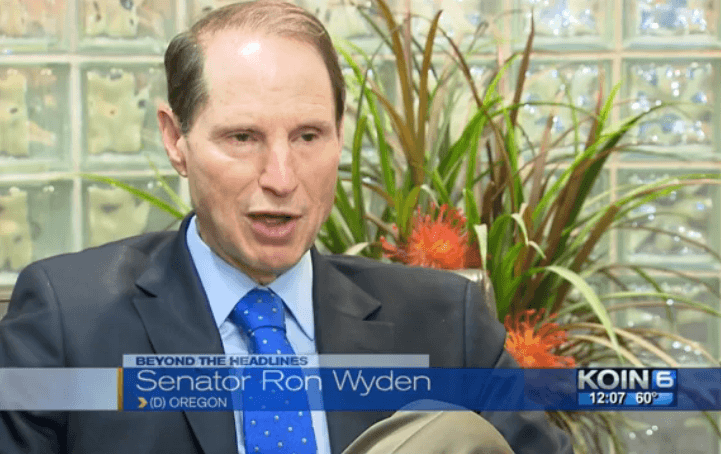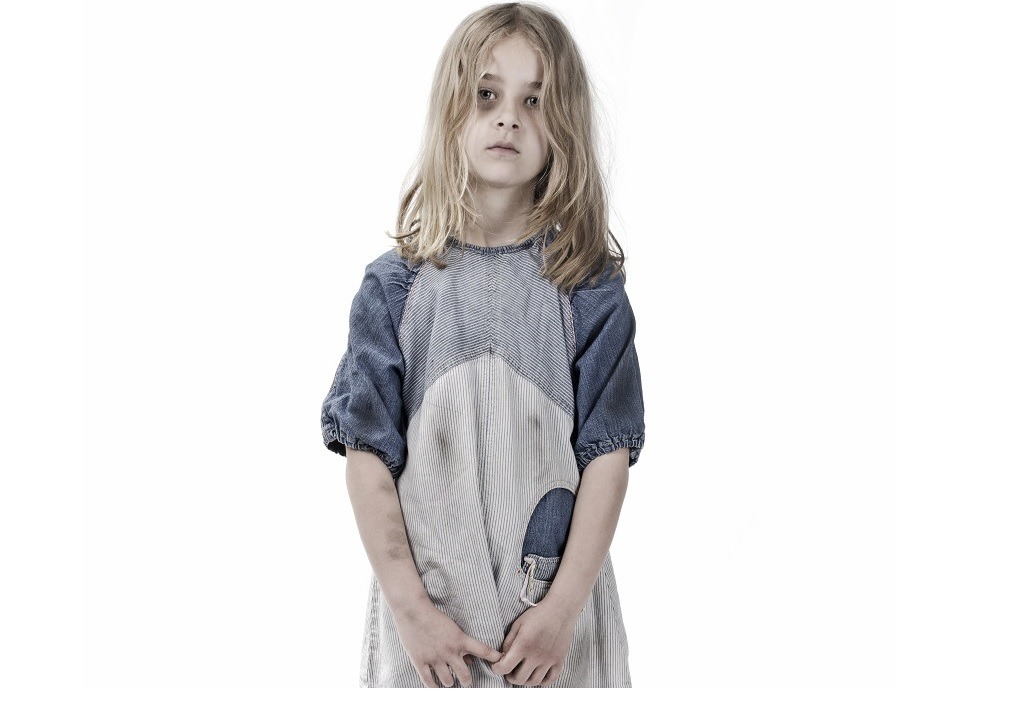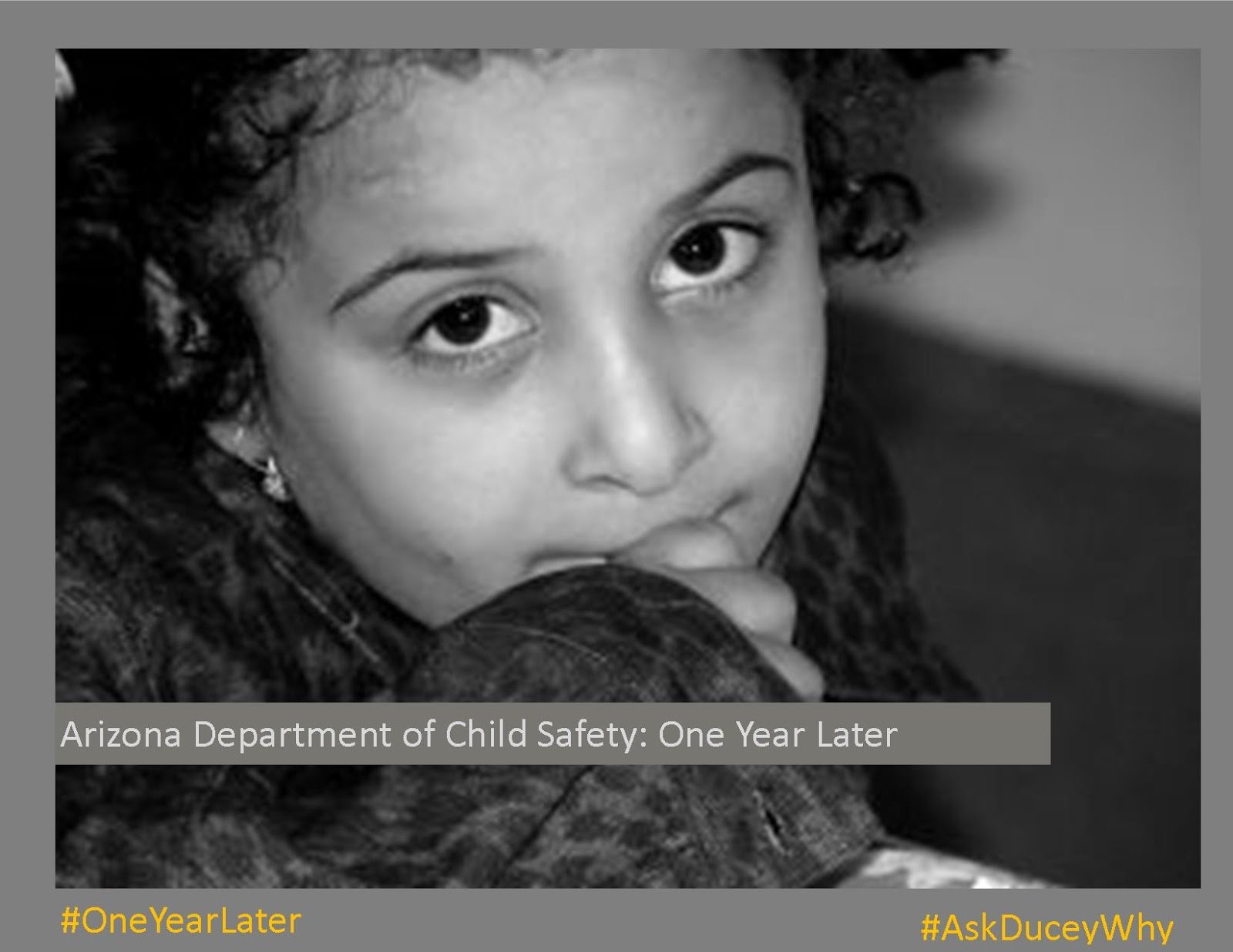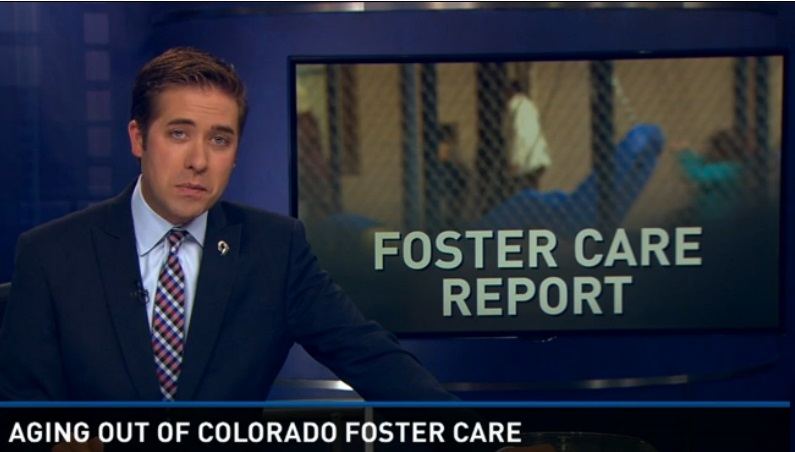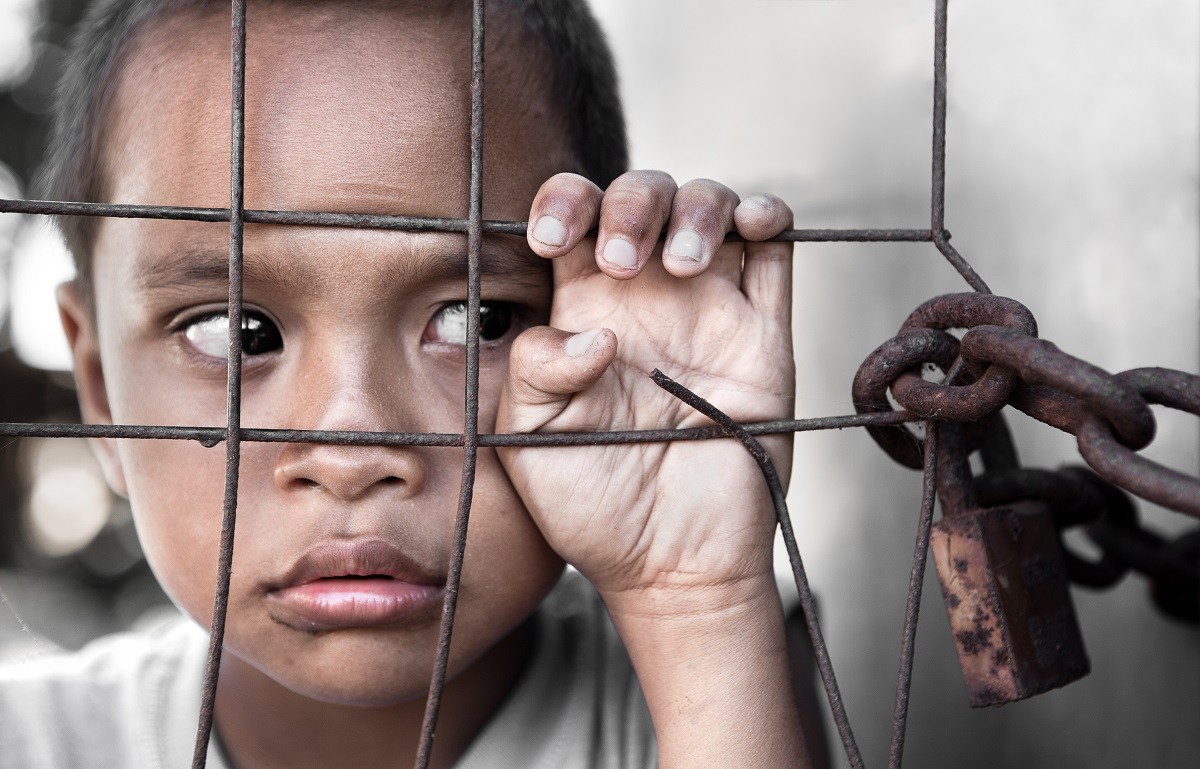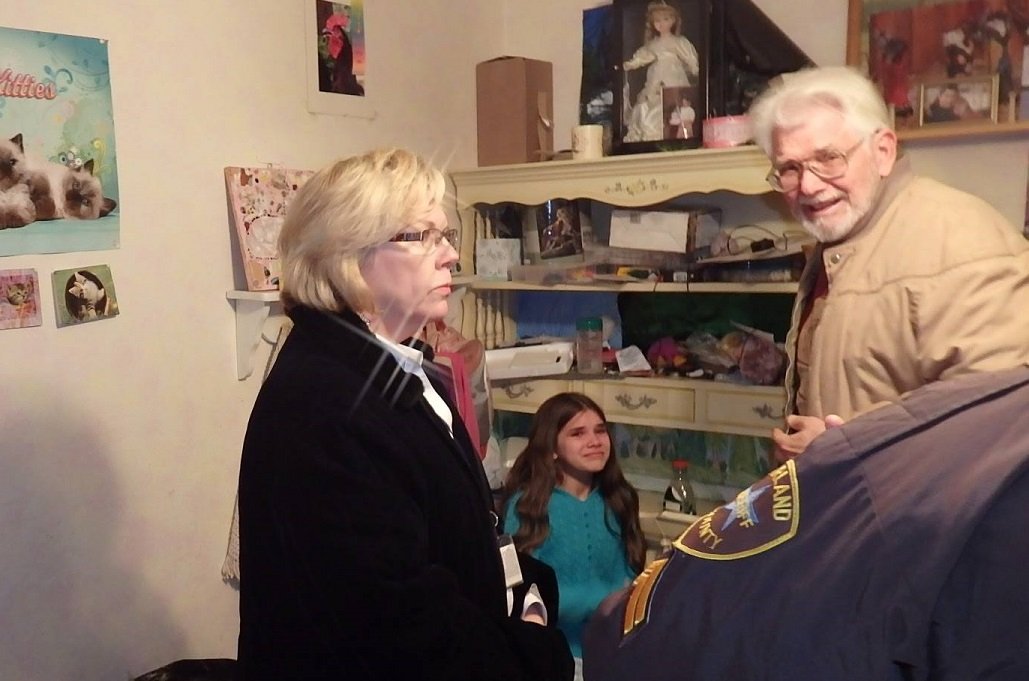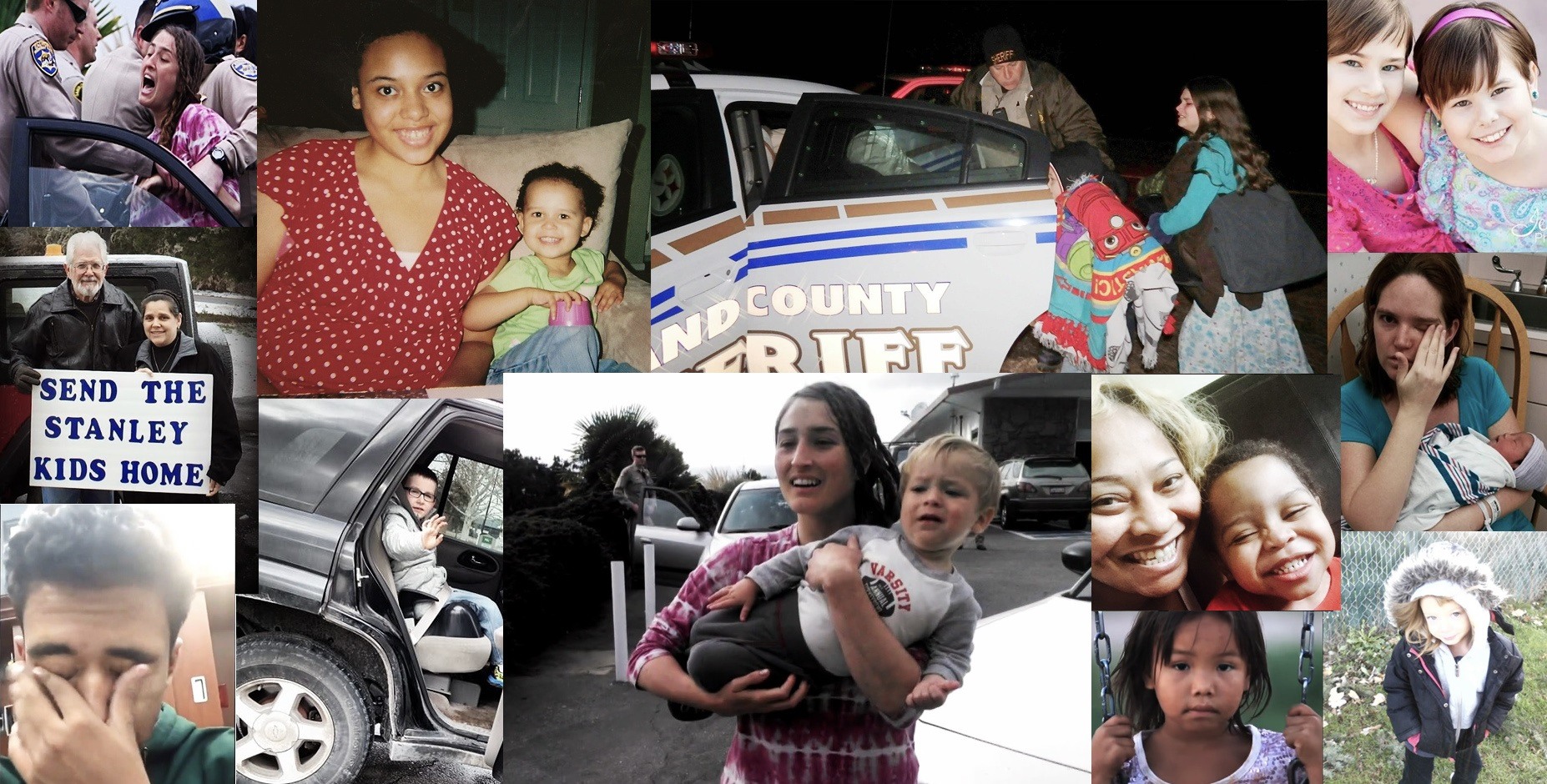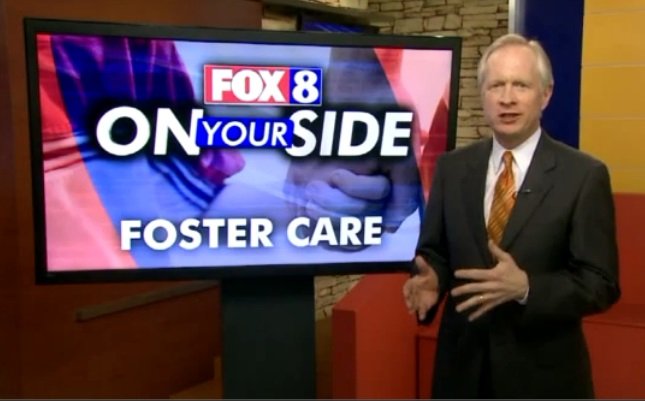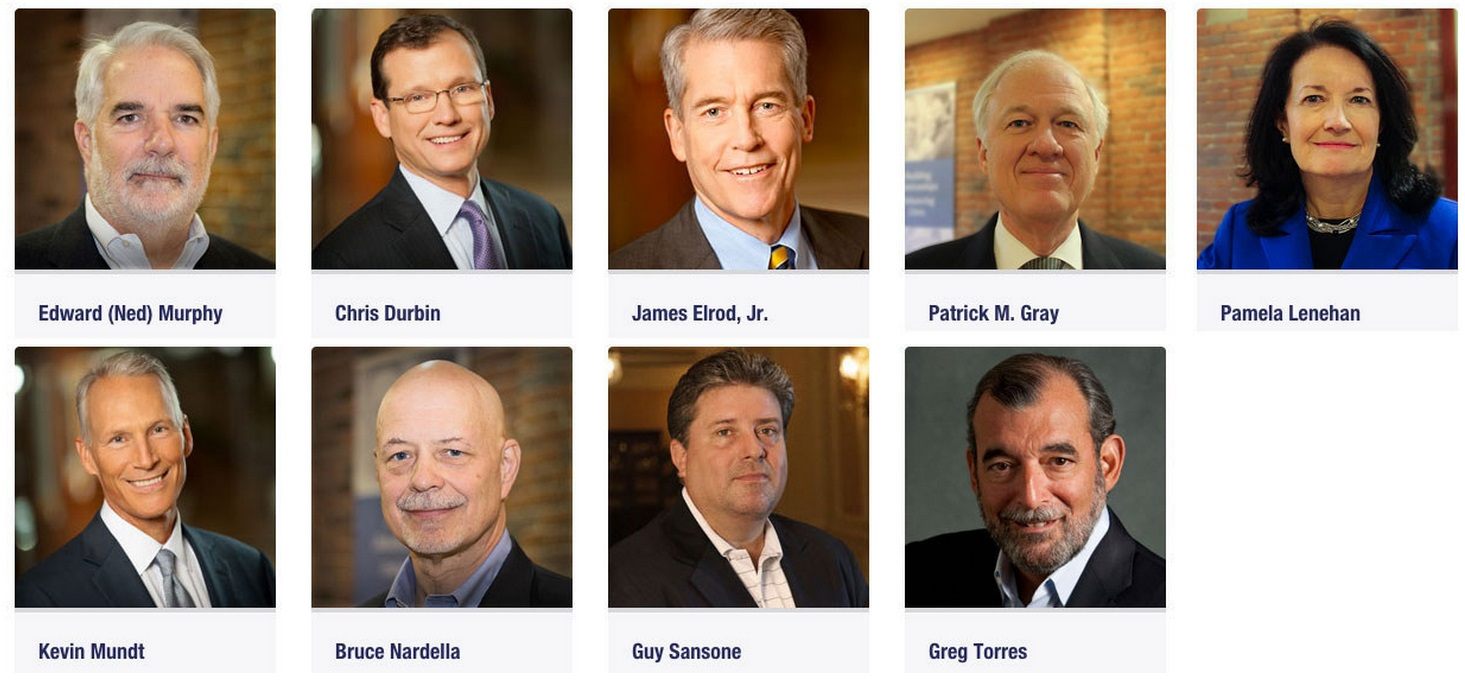Our nation's Child Welfare system is corrupt, and there are few now who do not recognize the problems. American children in foster care are being abused. And that abuse is far greater than if the children had been left with their families in troubled homes. (See: Foster Care Children are Worse Off than Children in Troubled Homes.)
Where there is disagreement is in how to fix the Child Welfare problem. The current Child Welfare system is rife with corruption, as billions of dollars in federal aid cannot be collected by states unless they put children into the Child Welfare system.
Senator Ron Wyden from Oregon understands there is a problem, but his solution is to spend more federal taxpayer money, not less. Responding to a BuzzFeed investigative report that found "deaths, sex abuse, and blunders in screening, training, and overseeing foster parents at the nation’s largest for-profit foster care company," Senator Wyden sent a letter to all 50 governors in the United States addressing the issue.
As a result, Senator Wyden is now proposing to spend more federal money on foster care in a supposed attempt to protect foster children. Is this really the correct solution? Will more government oversight and spending solve the current problems in the foster care system?
If you were to put that question before the many tens of thousands of parents in this country who have had their children taken away from them by social services like CPS, they would give you a resounding "NO!" as a reply.
If lawmakers are truly concerned about the incredible abuse of children in today's foster care system, perhaps they should start interviewing the parents of these children who are taken out of homes, in many cases homes where they are loved by their parents, and are then put into abusive foster care centers or homes.
More government and more federal funding is NOT the answer: it is the problem.



